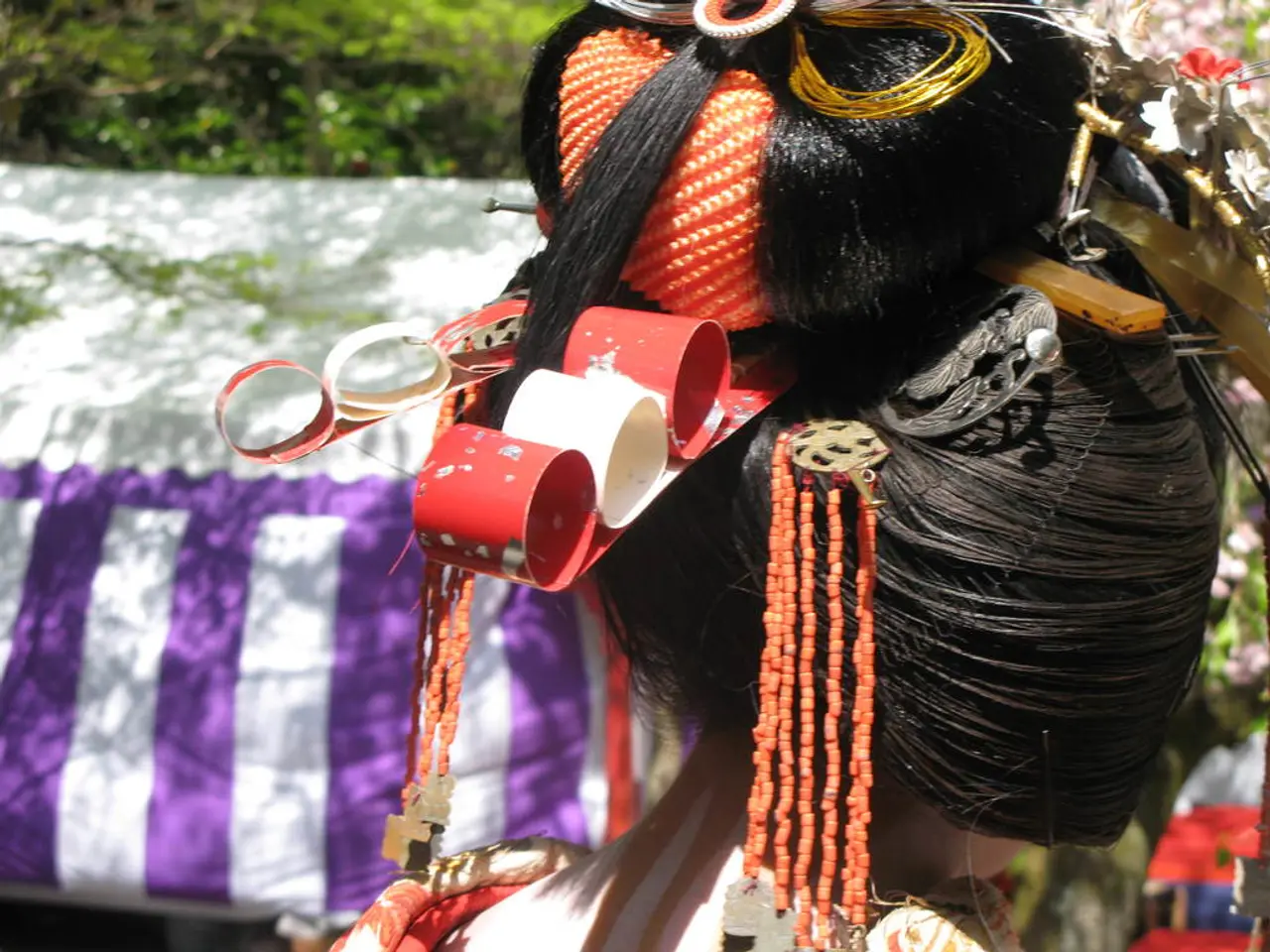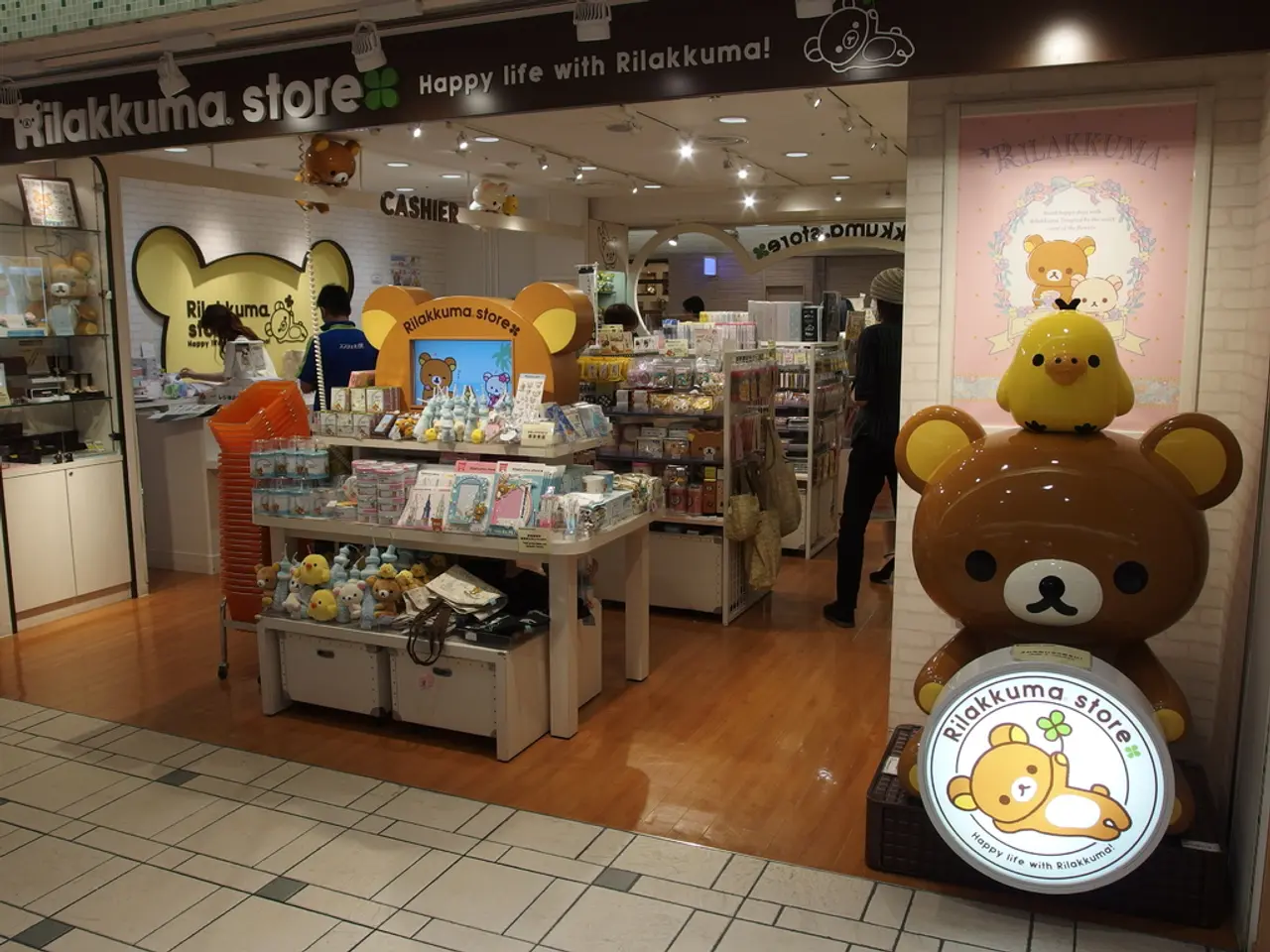The perks of physical attraction discussed.
In a groundbreaking cross-cultural study, researchers from the Swiss Federal Institute of Technology (ETH) in Zürich and the University of Mannheim have delved into the intricate relationship between beauty and success across 68 languages. The study, which was led by behavioural economist Wladislaw Mill and his colleague Benjamin Kohler, has shed light on the varying degrees of the so-called "beauty premium" across different cultures and languages.
The researchers developed a cross-country index to examine the associations between terms like "beautiful" and "pretty" and attributes such as "successful." Their findings reveal a fascinating diversity in the strength of the beauty premium, with English and German falling somewhere in the middle of the spectrum. Interestingly, the beauty premium is relatively weak in Vietnamese and Burmese but is stronger in Japanese and Finnish.
While this linguistic correlation does not establish causation, it indicates that in some cultures, beauty-related terms co-occur more frequently with success-related terms in language models. However, AI models trained largely on Western-centric data tend to reflect and amplify hegemonic Western beauty standards, which could bias generalized findings about beauty perceptions.
Cross-cultural and multilingual AI analyses also reveal that language models sometimes homogenize cultural nuances, blending rich linguistic differences into more generic patterns. This "softmaxing culture" effect poses challenges in accurately capturing fine-grained cultural variations in beauty-related associations.
The study further reveals that beauty is generally associated with something positive rather than negative almost everywhere in the world. However, in some cultures like Romania and Vietnam, beauty is less frequently linked to status-oriented attributes. The reasons behind these variations remain unclear.
In contrast, in Western European countries like France, Italy, and Finland, beauty is frequently associated with positive attributes like competence, intelligence, or trustworthiness. The study's authors suggest that beauty may be more closely linked to evolutionary advantages in cultures where it is more of an advantage.
The study's key finding is that advantages for attractive people in careers, partner selection, and social environments exist worldwide. However, the strength of the beauty premium varies across cultures. The authors suggest that the beauty premium could be an underestimated factor in societal power structures.
Contact information for Christoph Müller, a spokesperson or researcher associated with the study, is available at c.mueller@our website. For more insights into this fascinating study, you can reach out to Wladislaw Mill based in Mannheim and Benjamin Kohler based in Zürich.
[1] [Source] [2] [Source] [3] [Source] [4] [Source] [5] [Source]
- The researchers expanded their investigation to explore associations between lifestyle, fashion-and-beauty, and education-and-self-development, employing a similar cross-country index as that used for the beauty premium.
- The results indicate a strong correlation between terms like 'style' and 'smart' or 'elegance' and 'intelligent' or 'educated' in Western European countries such as France, Italy, and Finland, suggesting a potential broader advantage for attractive people in various life domains.




